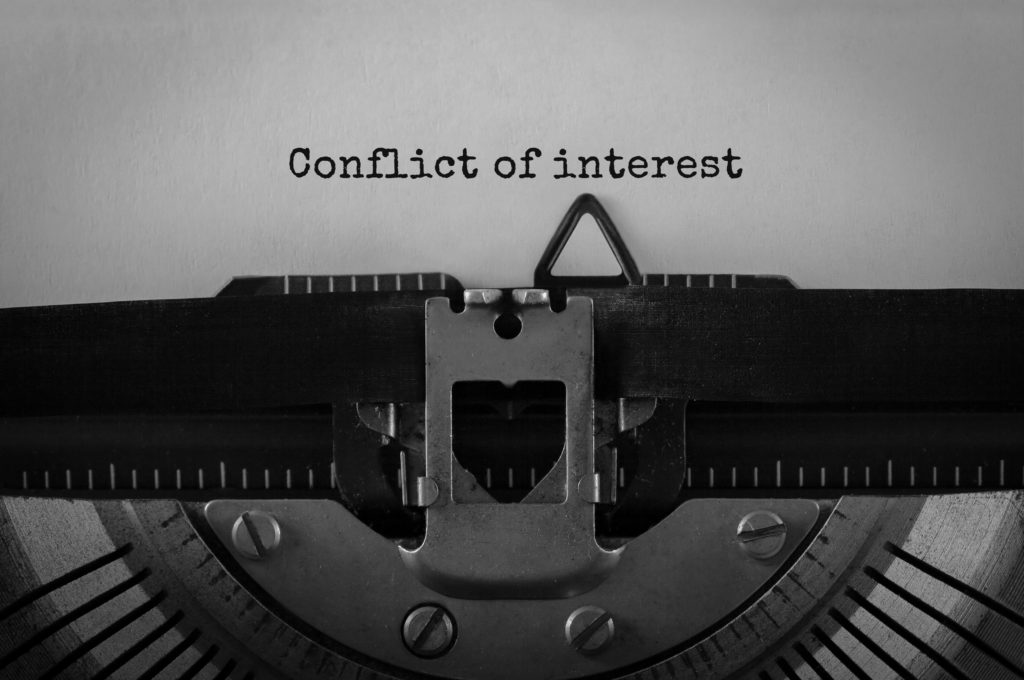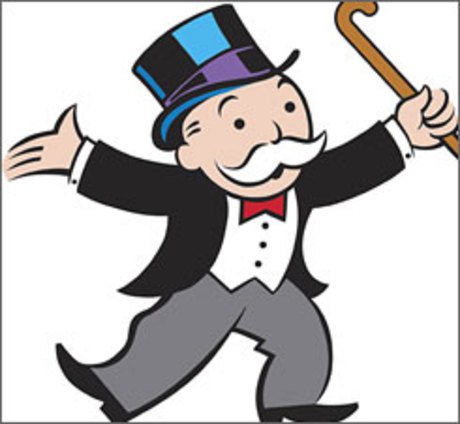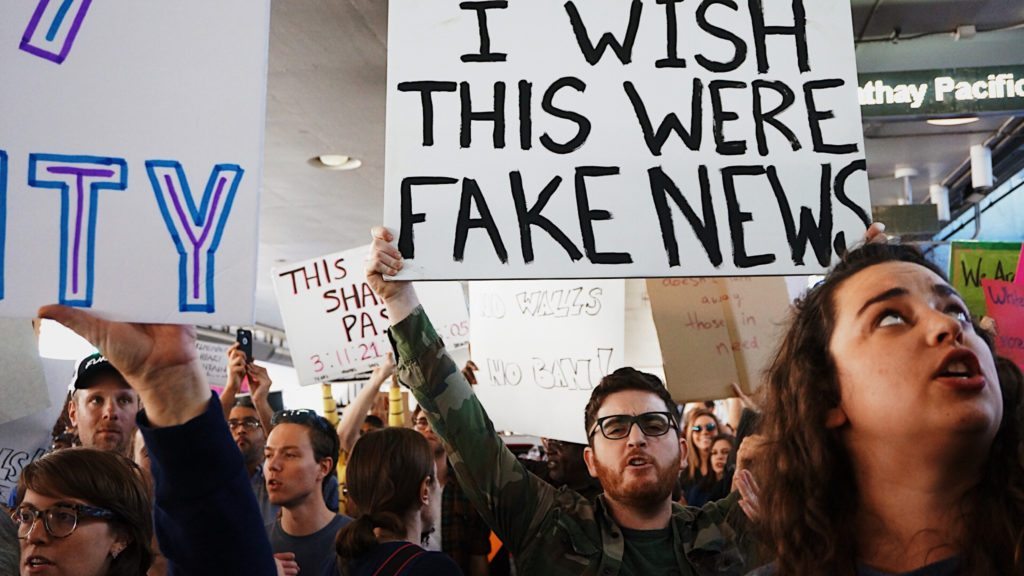Federal Court DQs Law Firm in Patent Infringement Case, Rejecting Advance Conflict Waiver
A federal court in Alabama yesterday disqualified a law firm from representing a new client in a patent infringement case against a current firm client. In Southern Visions, LLP v. Red Diamond, Inc. (N.D. Ala. Feb. 26, 2019), the court held that Bradley Arant Boult Cummings (“Bradley”) was ethically barred from representing one client (Southern […]







